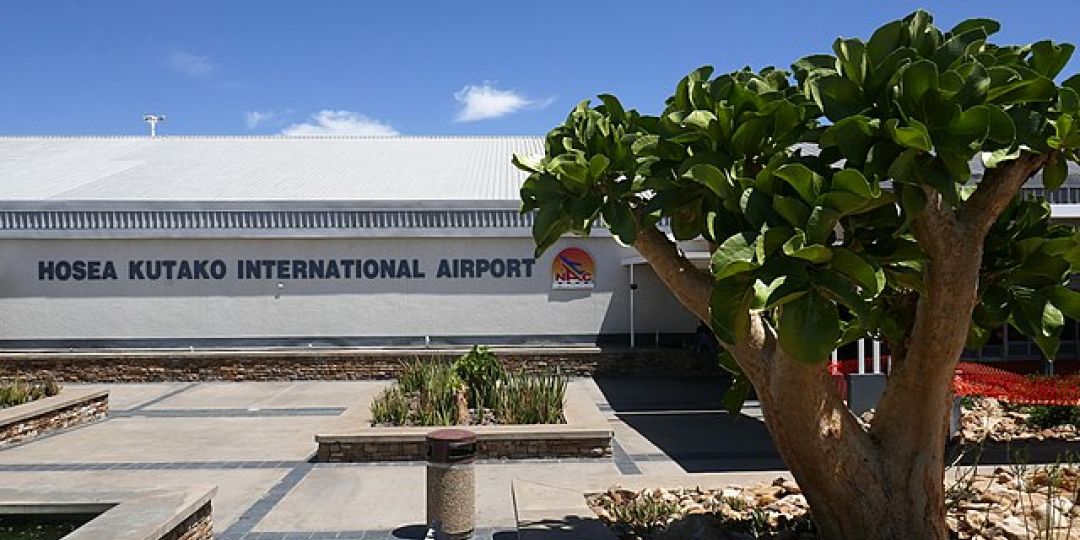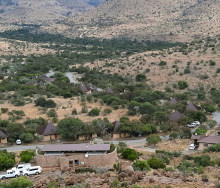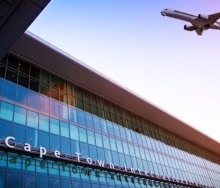Namibia Airports Company (NAC) has launched the ‘Air Connect Namibia’ project in a bid to create new international routes at the country’s airports, ultimately increasing direct air access to the nation.
The project was initiated following the Namibia Aviation and Connectivity Forum held in 2022, which brought together international and domestic aviation stakeholders from the public and private sectors.
“The goal of this initiative is to stimulate air traffic and connectivity to and from Namibia. This, importantly, involves retaining our existing carriers and promoting potential new carriers interested in this market,” Christian Faure, Executive Commercial Services at NAC told Travel News.
Gitta Paetzold, CEO of the Hospitality Association of Namibia (HAN), said members of the initiative were expected to give both intellectual and financial contribution to the cause.
“HAN and the Federation of Namibian Tourism Associations maintain an advisory role for this initiative, given that aviation is key to the growth and success of the tourism sector, and the decisions on which airlines target to connect Namibia to the markets are crucial for the development of our sector,” said Paetzold.
The stakeholders involved in the project are grouped into five categories:
- Government – e.g. Ministry of Works and Transport, City of Windhoek.
- Aviation Air Transport – Namibia Airports Company.
- Tourism – Namibia Tourism Board, Gondwana Collection.
- Investment – Namibia Investment Promotion Development Board (NIPDB) and Namibia Chamber of Commerce and Industry (NCCI).
- Logistics – Walvis Bay Corridor Group.

Intended for the long term
Faure noted that the project was intended for the long term and, in some cases, NAC was merely introducing the Namibian market to potential carriers simply because it had not been “on the map” for conventional tourism.
“The long-haul origin markets have been the first targets. We based this on the actual visitor profiles into Namibia e.g. German-speaking tourists (Germany, Austria, and Switzerland) and others such as the UK, France and Italy. In fact, our long-haul destinations are well served with flight frequencies actually higher than the pre-COVID period,” Faure said.
Regional destinations are also a focus for the Air Connect Namibia project. “Regional connectivity (South Africa, Zambia, Botswana and Zimbabwe) – excluding Angola – is lower due largely to the demise of some of the regional carriers.”
Tourism and business
Faure noted that the project was not only geared to the tourism sector, although it used tourism to develop the business cases presented to the airlines.
“The tourism sector in Namibia was boosted post-COVID primarily due to the nature of the offering that Namibia presents – safe self-drive, unique experiences and quality destinations. Increased connectivity would make Namibia more cost-effective for budget-conscious travellers but also boost business travel.”
He added that business markets represented the biggest opportunity for the project after the tourism sector.
“This includes the traditional business travel between South Africa and Namibia, but also the emerging energy sector, which is attracting huge interest.”
Challenges
Aircraft capacity for the targeted airlines is the main challenge for the project at present.
“Aircraft deliveries are some 24 months behind expectations, limiting the capacity of the airlines to service this market. We also compete with well-established, ‘bankable’ markets such as the Caribbean – especially during the European summer – which is our peak season,” said Faure.
Despite this, he revealed that Namibia was on the shortlist for at least two carriers as a new leisure destination for the airlines.
He concluded that the entire project was modelled on the success of other regional route development initiatives that insist on a collaborative approach with relevant stakeholders.
“This is the only way the initiative will succeed and we are grateful for the enthusiastic participation of our stakeholders which will ensure that Air Connect Namibia flourishes in the coming years.”














